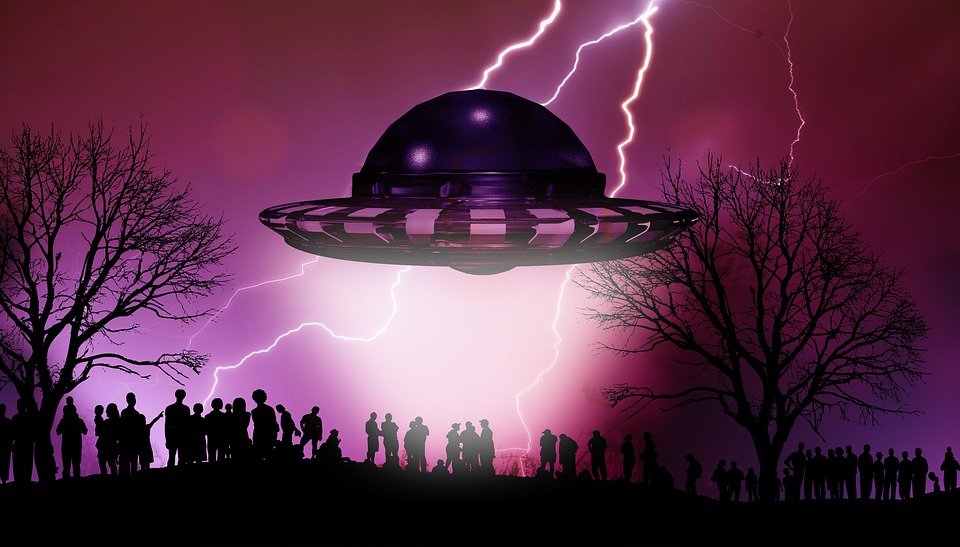From Trickery to Talent: The Evolution of Magic as an Art Form
Introduction
Magic has fascinated humans for centuries. From ancient civilizations to modern times, the art of magic has continued to captivate audiences around the world. But how has magic evolved from mere trickery to a respected art form? In this article, we will explore the rich history of magic and delve into its transformation from deception to a recognized form of entertainment and artistic expression.
The Early Days of Magic
Magical practices can be traced back to ancient civilizations such as the Egyptians, Greeks, and Romans. In these early societies, magic was often associated with religious rituals and supernatural beliefs. It was believed that magic could connect humans with the divine and exert control over the natural world.
However, during the Middle Ages, magic took on a negative connotation and was associated with witchcraft and sorcery. The Catholic Church viewed magic as a threat and actively persecuted those who practiced it. This period of history saw a decline in the popularity of magic as an art form.
The Renaissance and the Birth of Modern Magic
The Renaissance period marked a significant turning point for magic. With the rise of humanism and the rediscovery of ancient knowledge, magic began to be seen in a new light. Scholars and intellectuals became interested in the study of magic, and it was during this time that the art form started to distance itself from religious and supernatural associations.
One of the key figures in the development of modern magic was Jean Eugène Robert-Houdin, a French magician who is often referred to as the “father of modern magic.” Robert-Houdin introduced a more theatrical and entertaining style of magic, focusing on storytelling and engaging the audience.
The Golden Age of Magic
By the 19th century, magic had gained popularity as a form of entertainment. Magicians such as Harry Houdini, Howard Thurston, and Harry Kellar became household names, performing elaborate stage shows that included illusions, escapes, and grand spectacles.
During this golden age of magic, the emphasis shifted from the supernatural to the skill and talent of the magician. The secret behind the tricks became less important, and the focus was on the performance itself. Magicians began to develop their own unique styles and personalities, adding an element of showmanship and charisma to their acts.
Magic in the Digital Age
The advent of television and the internet brought about a new era for magic. Magicians such as David Copperfield and Penn & Teller gained widespread fame through television specials, showcasing their talents to a global audience. The exposure provided by these mediums allowed magic to reach new heights of popularity.
Additionally, advancements in technology have opened up new possibilities for magic. From interactive online magic tricks to Virtual reality experiences, magicians are constantly finding innovative ways to engage their audiences in the digital age. Magic has also found a home on social media platforms, where magicians can share their tricks and connect with fans worldwide.
The Artistry of Magic
Today, magic is recognized as a legitimate art form. Magicians have honed their skills and techniques, incorporating elements of theater, storytelling, and psychology into their acts. The focus is no longer solely on fooling the audience, but rather on creating a captivating and immersive experience.
Magicians often spend years perfecting their craft, studying the history of magic, and experimenting with new methods and illusions. They combine technical skill, creativity, and showmanship to create performances that leave audiences in awe.
FAQs
Q: Can anyone become a magician?
A: While anyone can learn and perform magic tricks, becoming a skilled magician requires dedication, practice, and a deep understanding of the art form. It takes time to develop the necessary skills and stage presence to captivate an audience.
Q: How do magicians learn their tricks?
A: Magicians learn their tricks through a combination of practice, mentorship, and study. Many tricks are passed down through generations of magicians, while others are developed through experimentation and innovation.
Q: Are all magic tricks based on deception?
A: While deception is a fundamental element of magic, it is not the only aspect. Modern magic emphasizes entertainment, storytelling, and skillful performances. The goal is to create wonder and amazement, rather than simply fooling the audience.
Q: How has technology impacted the world of magic?
A: Technology has brought both benefits and challenges to the world of magic. On one hand, it has allowed magicians to create more elaborate and visually stunning illusions. On the other hand, it has also made it easier for audiences to uncover the secrets behind tricks, requiring magicians to constantly innovate and push the boundaries of their art.
Q: Is magic considered a form of art?
A: Yes, magic is widely recognized as an art form. It combines elements of theater, storytelling, and visual aesthetics to create a unique and immersive experience for the audience. Just like other art forms, magic requires creativity, skill, and an understanding of the principles of performance.
Conclusion
From its humble beginnings as a religious ritual to its current status as a respected art form, the evolution of magic has been a fascinating journey. As magicians continue to push the boundaries of their craft, the art form will undoubtedly continue to captivate and inspire audiences for generations to come.

